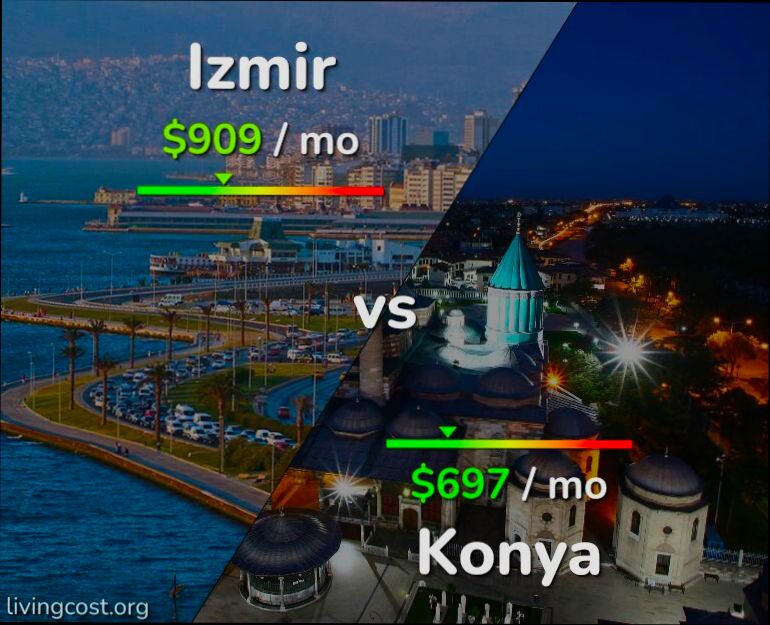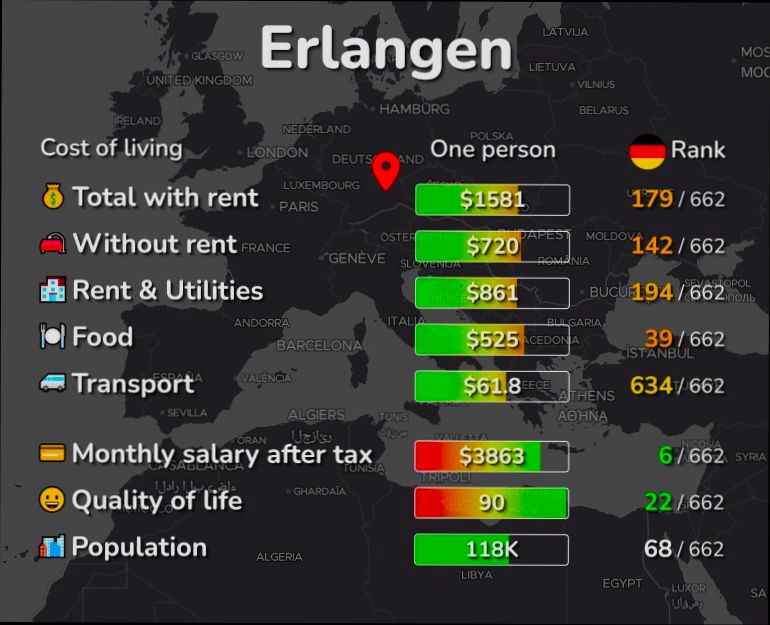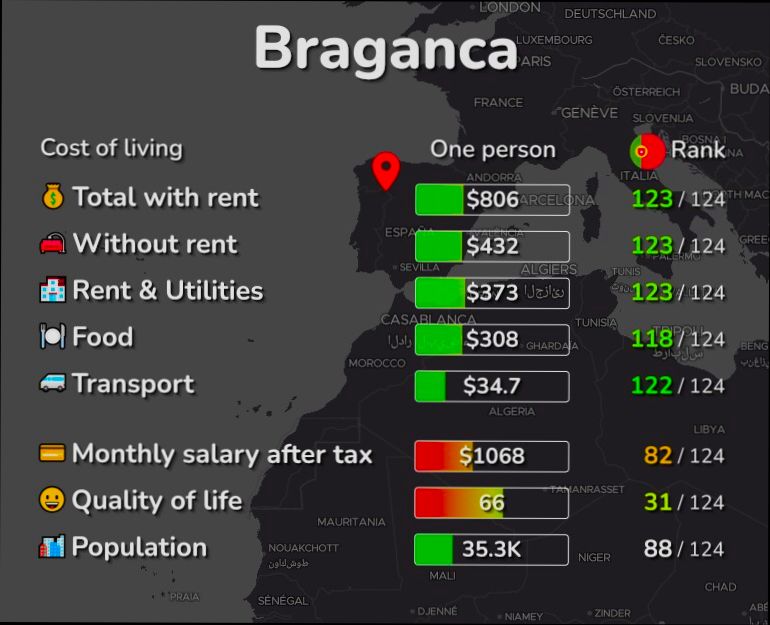How much does a home renovation cost? Well, that number can vary widely depending on your vision and the scope of work. For instance, a basic bathroom update might set you back around $10,000 to $15,000, while a full kitchen remodel can easily push you into the $30,000 to $50,000 range. If you’re thinking about knocking down a few walls to create an open-concept living space, brace yourself—structural changes typically add $15,000 to $25,000 to your overall budget. And don’t forget about the exterior; adding a new deck can land between $4,000 and $12,000, depending on size and materials.
Let’s not gloss over the details, either. If you’re in a major city, like New York or San Francisco, expect to pay a premium—renovations here can jump by 20% or more compared to smaller towns. On top of labor and materials, permit fees can add another 5% to 10% to your overall project cost. Want to give your home a facelift with fresh paint? That’ll generally run you around $2,000 for a 1,500-square-foot house. As you can see, the price of home renovations isn’t just a simple figure; it’s a patchwork of choices and local market dynamics influencing your final bill.
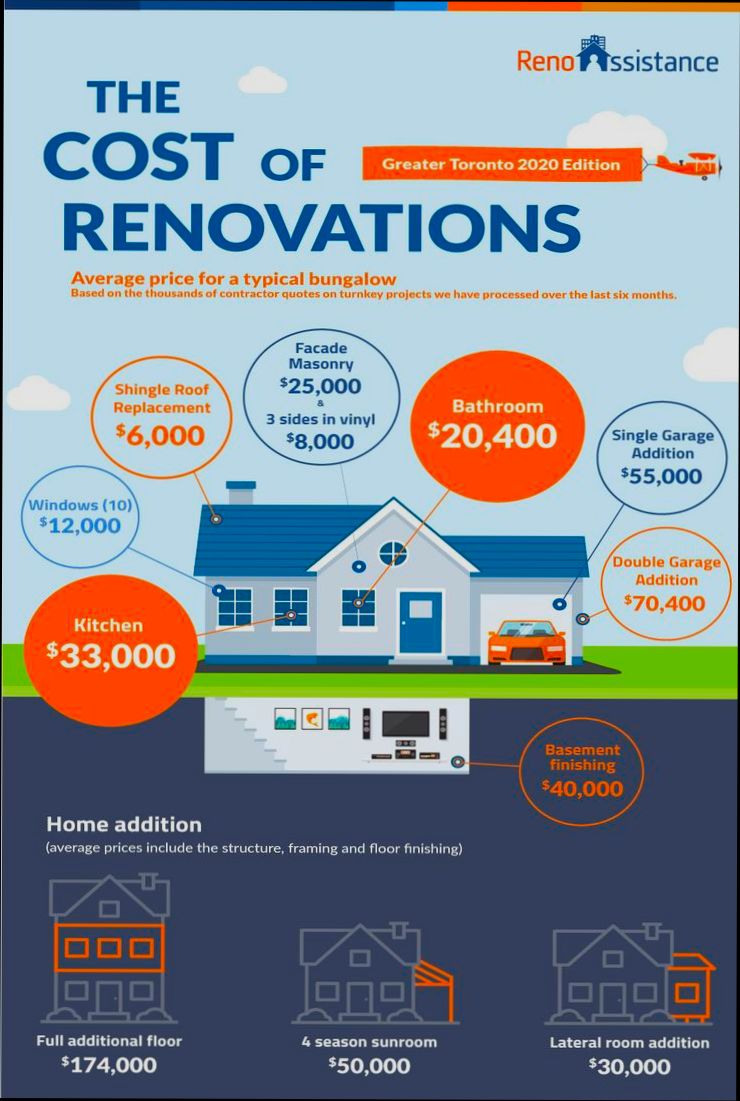
Factors Influencing Renovation Costs
When diving into home renovations, understanding the factors that influence costs is crucial. It’s not just about the materials, but a variety of elements can significantly sway your budget. Let’s explore several key factors together.
Key Points Influencing Renovation Costs
1. Project Scope: The size of your renovation project greatly impacts costs. Minor changes, like painting or replacing fixtures, could be around $5,000 to $10,000, while more extensive renovations, such as kitchen or bathroom overhauls, can run anywhere from $15,000 to $50,000 or more.
2. Material Quality: The type of materials you choose can elevate costs significantly. For example, opting for high-end countertops may increase your kitchen renovation budget from $15,000 to $30,000.
3. Labor Costs: Labor often accounts for 20% to 35% of total renovation expenses, depending on your location. In urban areas, skilled labor costs can supersede $100 per hour, driving up your overall budget.
4. Permits and Regulations: Acquiring necessary permits can add to your costs. On average, homeowners spend about 5% of their total renovation budget on permits, inspections, and other regulatory fees that may arise during the renovation process.
5. Location and Accessibility: Your geographical location can play a role in cost variation. For instance, renovations in metropolitan areas are typically 20% more expensive than in rural regions due to higher demand for services and labor.
| Factor | Estimated Impact on Budget |
|---|---|
| Project Scope | $5,000 to $50,000+ |
| Material Quality | $15,000 to $30,000 difference |
| Labor Costs | 20% to 35% of total expenses |
| Permits and Regulations | About 5% of total budget |
| Location | 20% higher in urban areas |
Real-World Examples
- In a case study, a family in a suburban area remodeled their kitchen and opted for mid-range materials. They anticipated costs of about $25,000. However, unexpected plumbing issues added $5,000 to their bill, highlighting how unplanned complexities can impact overall costs.
- Another homeowner in a metropolitan area wanted to create an open floor plan. Initially estimated at $30,000, the final cost soared to $45,000 due to structural changes that required additional permits and specialist labor.
Practical Implications for Readers
As you plan your renovation, consider these factors to budget effectively. Always factor in a buffer of about 10% to 20% of your total project cost to accommodate unplanned expenses that may arise during the renovation.
Also, prioritize which aspects of the project are essential versus what can be considered “nice-to-haves.” By being strategic about where you allocate spending, you can keep costs more manageable while still achieving a satisfying outcome.
Specific Facts and Actionable Advice
- Conduct thorough research on local labor rates and consider getting quotes from multiple contractors to avoid inflated labor costs.
- Be clear about permits needed for your renovation; understanding these upfront can help you plan for the associated costs to avoid surprises later.
- Evaluate whether you can do certain aspects of the project yourself, potentially saving on labor costs while still tackling smaller tasks like painting or demolition.
By paying attention to these factors, you empower yourself to navigate the financial landscape of home renovations with greater confidence.
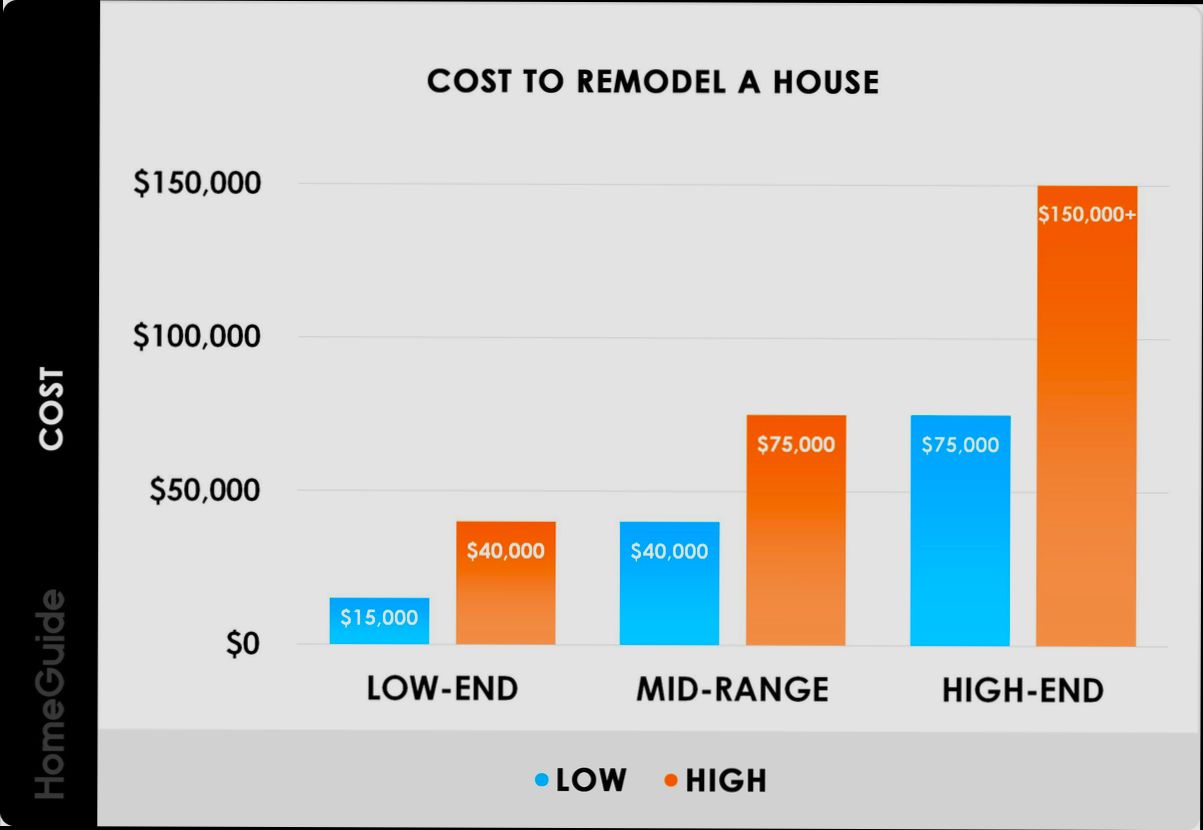
Statistical Insights on Renovation Expenditures
When it comes to home renovation expenditures, diving into specific statistical insights can be quite enlightening. It helps us appreciate the financial landscape of renovations, allowing homeowners and investors to make informed decisions. Here’s a closer look at some compelling data that outlines spending patterns.
- According to recent studies, homeowners planning major renovations typically allocate an average budget of $30,000 to $50,000. This range highlights the serious financial commitment many are willing to undertake.
- Interestingly, 62% of homeowners reported that they opted for renovations to improve the functionality of their spaces, which directly correlates with the dollars they invest.
- A significant finding is that older homes, specifically those built before 1980, tend to see renovation costs that are 27% higher than newer constructions. This reflects the additional work required to update aging systems and structures.
Comparative Insights on Renovation Costs
| Renovation Type | Average Cost Range | Percentage of Budget Spent |
|---|---|---|
| Kitchen Remodel | $15,000 - $50,000 | 20% |
| Bathroom Update | $10,000 - $30,000 | 15% |
| Living Room Redesign | $5,000 - $20,000 | 10% |
| Home Additions | $30,000 - $100,000 | 35% |
Real-world scenarios provide further context to these statistics. For instance, a homeowner attempting a kitchen remodel found that costs soared to $45,000, primarily due to the installation of high-end cabinetry and countertops. Meanwhile, a bathroom update in a mid-century home totaled $25,000, emphasizing how modern upgrades can elevate expenses significantly.
Practical Implications for Homeowners
Understanding these expenditures helps you prioritize your renovation projects effectively. Knowing that kitchen renovations can absorb a substantial part of your budget, you might consider strategically timed upgrades or opting for less expensive materials.
- Always account for a 10% contingency fund in your overall renovation budget to accommodate unexpected costs. This statistic is especially vital considering that 59% of renovations exceed initial forecasts due to hidden issues.
- If your home is older, be prepared for potential costs associated with updating essential systems, which can add an additional 15%-30% to your planned budget.
In light of these statistical insights, remember to research local trends and averages in renovation expenditures. Tailor your budget accordingly based on the specific costs associated with your region and home type, ensuring you’re well-prepared for your upcoming projects.
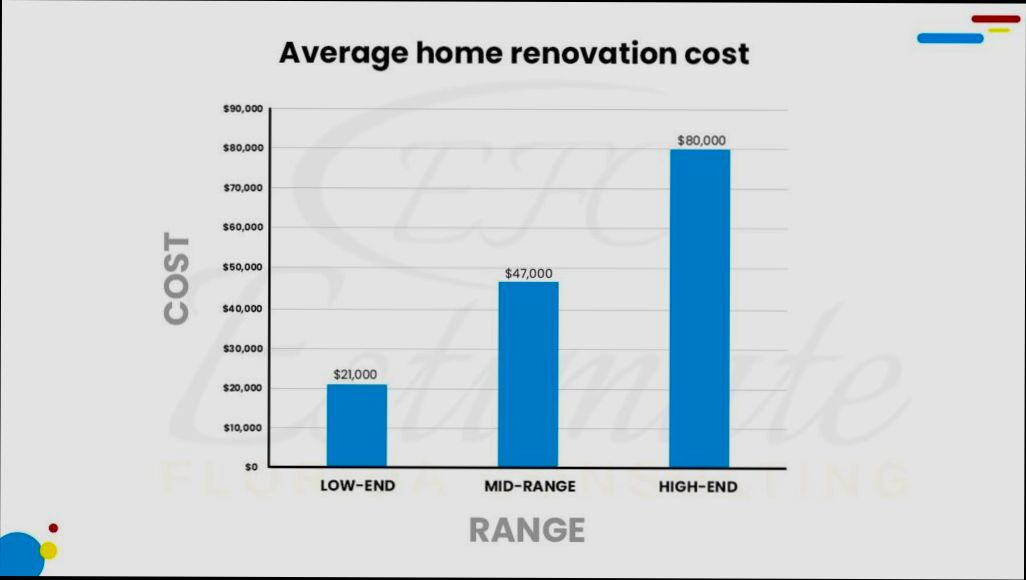
Comparative Analysis of Renovation Budgeting
When it comes to renovating a home, understanding how different factors influence your renovation budget is key to a successful project. By comparing various elements—from square footage to material quality—you can make informed decisions that suit your financial goals.
Key Budget Drivers in Renovation Projects
Several critical aspects directly affect the costs associated with home renovations. Here’s what you should consider:
- Square Footage: The size of the area you plan to renovate significantly influences the budget. For instance, larger spaces often require more materials and labor.
- Demolition Work: If your renovation involves removing walls or fixtures, anticipate additional costs related to demolition and debris removal.
- Plumbing and Fixtures: Upgrading plumbing fixtures can substantially increase costs, especially in kitchen or bathroom remodels.
- Structural Changes: Any needed structural modifications, such as adding beams or altering load-bearing walls, can escalate expenses significantly.
- Materials and Appliances: The choice between high-end materials and standard options can dramatically sway your overall spending.
Comparative Budget Breakdown
To give you a more comprehensive view, here’s a comparative table highlighting average costs associated with different renovation components:
| Renovation Component | Average Cost Range | Factors Impacting Costs |
|---|---|---|
| Demolition and Removal | $1,000 - $5,000 | Square footage, complexity of work |
| Plumbing Fixtures | $500 - $3,000 | Type of fixtures, labor costs |
| Structural Changes | $1,500 - $10,000 | Required engineering, materials |
| High-End Materials | 20% - 50% of total cost | Brand, quality, and design |
| New Appliances | $1,000 - $10,000 | Energy efficiency ratings, brand quality |
Real-World Examples
Consider a homeowner planning to remodel their kitchen. By obtaining multiple quotes from contractors, they found that the cost for demolishing and replacing cabinetry varied by up to 30% among different service providers. They saved significantly by leveraging online platforms to gauge average cost ranges before approaching contractors.
Another example involves a bathroom renovation where the homeowner opted to avoid high-end fixtures. Instead, they selected mid-range products and focused on budget-friendly renovations. This strategic decision kept their overall costs down, showcasing the impact of material choice on the budget.
Practical Implications for Budgeting
To effectively manage your renovation budget, keep these actionable insights in mind:
- Seek Multiple Quotes: This helps you avoid overpaying and provides a benchmark for fair pricing.
- Plan Carefully: Draft detailed renovation plans before initiating work to prevent scope creep and unforeseen expenses.
- Consider DIY Options: Where feasible, tackling minor projects yourself can help reduce labor costs significantly.
- Evaluate Key Choices: Prioritize essential upgrades rather than high-end materials, which can often lead to budget overruns.
By focusing on these comparative aspects of renovation budgeting, you can create a more accurate and manageable financial plan for your home renovation projects. Exploring innovative ways to save while still achieving your renovation goals is crucial for any homeowner.
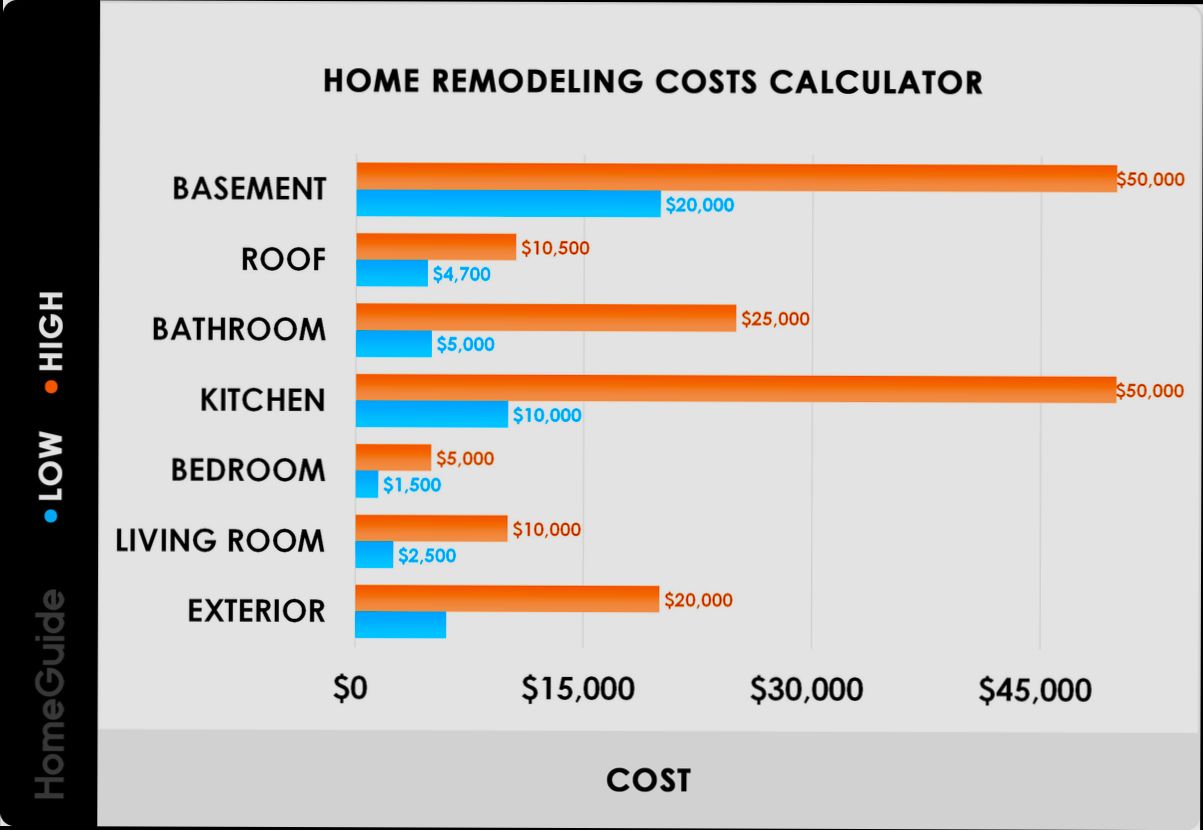
Real-World Examples of Renovation Expenses
When it comes to embarking on a home renovation journey, understanding real-world expense examples can significantly guide your budgeting process. You want to ensure that you not only stay within your financial means but also get the most value out of each project. Let’s explore some concrete statistics and examples to help you get a clearer picture of what to expect.
Key Examples by City
Several cities across the U.S. showcase varied renovation costs and resale values, impacting how you might plan your projects. For instance, here’s a breakdown of average renovation costs and the recouped value:
| Rank | City | Average Project Cost | Average Resale Value | Average Cost Recouped |
|---|---|---|---|---|
| 1 | Ocala, Florida | $39,113 | $42,263 | 108.1% |
| 2 | Roanoke, Virginia | $38,700 | $36,553 | 94.5% |
| 3 | Denver, Colorado | $43,537 | $30,957 | 71.1% |
| 4 | San Francisco, California | $59,044 | $41,819 | 70.8% |
| 5 | New York City, New York | $60,559 | $32,275 | 53.3% |
Real-World Renovation Cases
1. Ocala, Florida: A renovation in Ocala has the highest average cost at $39,113 but interestingly results in an impressive recoup rate of 108.1%. This means investing in renovations here can not only enhance your living space but may also increase your home value significantly.
2. Roanoke, Virginia: In Roanoke, homeowners can expect to spend around $38,700 on a renovation, which recoups about 94.5% at resale. This area illustrates that minor updates can still lead to favorable returns without breaking the bank.
3. San Francisco, California: The costs in San Francisco are notably higher, averaging $59,044, with about 70.8% recoverable upon resale. This comparison highlights the importance of choosing the right improvements, as cities with higher initial costs can still yield varying returns.
4. New York City, New York: In contrast, a renovation here costs about $60,559 with only 53.3% of the costs recouped. This reality check is essential for prospective renovators, emphasizing the need to evaluate project types carefully.
Practical Implications for Homeowners
Understanding these real-world examples can help you:
- Identify areas where investments may yield better returns, such as choosing projects that matter most in your particular market.
- Weigh your options better between cities with good recouping potential and those where renovations may be a larger gamble.
- Plan strategically by noting how different types of renovations affect overall costs and resale values.
Actionable Advice
- If you’re looking to renovate, target areas that provide higher return rates, such as those seen in Ocala and Roanoke.
- Always research local markets to ensure your renovation projects align with your goals, whether they be personal enjoyment or future resale value.
- Consider minor renovations that can enhance your home’s resale potential without requiring significant financial commitments. Simple upgrades can often lead to more considerable recoups, especially in mid-range markets.
By keeping these examples and statistics in mind, you can navigate your home renovation with more confidence and clarity.
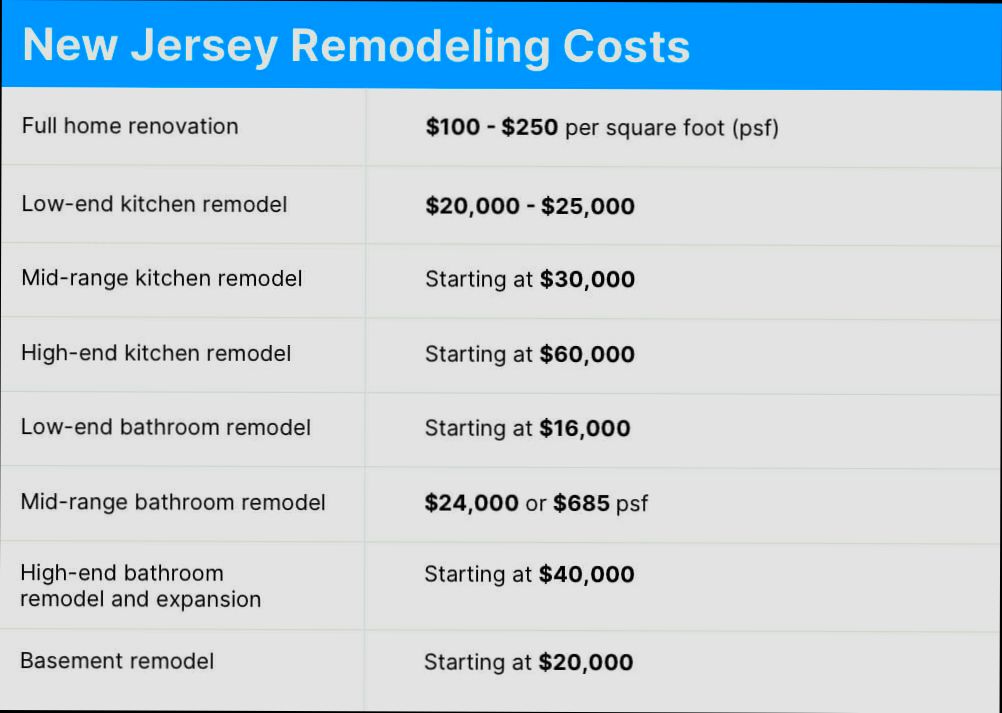
Long-Term Benefits of Home Upgrades
When we think about home upgrades, it’s easy to focus solely on the immediate costs or aesthetics. However, understanding the long-term benefits can enhance your decision-making process. These upgrades not only elevate your living experience but also yield significant financial advantages over time.
Increased Property Value
One major benefit of home upgrades is the potential increase in property value. According to real estate insights, certain renovations can lead to a return on investment that boosts your home’s market price significantly. Here are some key points regarding value increase:
- Upgrading kitchens and bathrooms often recoup up to 70% of the renovation costs by enhancing buyer appeal.
- Minor improvements, such as fresh paint or landscaping, can increase the selling price by around 5% on average.
Enhanced Energy Efficiency
Investing in energy-efficient upgrades translates into material savings and benefits the environment as well. Consider the following statistics:
- Homes with energy-efficient windows and insulation can save homeowners up to 30% on energy bills.
- Incorporating smart home technology can reduce operational costs by as much as 20% through better energy management.
Elevated Comfort and Quality of Life
Home upgrades often lead to a more comfortable living environment, enhancing your overall quality of life. With renovations geared towards better functionality, homeowners experience:
- Improved comfort levels through better climate control, which can lead to a more enjoyable living space year-round.
- Increased satisfaction from aesthetic enhancements that match personal style, making your home a reflection of you.
Comparative Table of Upgrade Types and Long-Term Benefits
| Upgrade Type | Estimated Cost | Potential Value Increase | Annual Energy Savings |
|---|---|---|---|
| Kitchen Remodel | $15,000 - $50,000 | Up to 70% recoup | N/A |
| Bathroom Update | $10,000 - $30,000 | Up to 70% recoup | N/A |
| Insulation Upgrade | $2,000 - $10,000 | 5% of home value | Up to 30% on energy bills |
| Smart Home Technology | $2,500 - $7,500 | 5% of home value | Up to 20% on energy bills |
Real-World Examples of Long-Term Benefits
Consider the case of a homeowner who invested in a kitchen remodel costing around $40,000. After the upgrade, the home sold for $60,000 more than similar homes on the street, demonstrating a clear return on investment. Another homeowner installed energy-efficient windows, which not only improved their home’s aesthetic but also reduced their monthly energy bills by 25%, showcasing the double advantage of cost savings and elevation in property appeal.
Practical Implications for Homeowners
As you contemplate home upgrades, think beyond the immediate visual impact. Consider how these renovations can impact your financial health and lifestyle in the long run:
- Prioritize renovations that not only fit your current needs but also enhance energy efficiency and appeal to future buyers.
- Keep records of all upgrades, as they can contribute to your home’s appraisal value when you decide to sell.
Embracing long-term benefits can make your home upgrade journey more rewarding and financially savvy. Investing thoughtfully ensures that each upgrade adds value to your property while improving your living experience.

Understanding Labor vs. Material Costs
When planning a home renovation, the expenses related to labor and materials can significantly impact your overall budget. Understanding the distinction between these two types of costs aids in making well-informed decisions throughout your renovation process.
Key Insights into Labor and Material Costs
1. Labor Costs: Typically, labor constitutes about 50% of total renovation expenses. Skilled professionals such as electricians, plumbers, and general contractors are often essential for ensuring quality workmanship.
2. Material Costs: Material expenses can vary widely based on your choices. For instance, high-quality hardwood flooring may cost more than laminate, significantly affecting your material costs.
3. Regional Variations: Depending on where you live, labor costs can fluctuate substantially. In urban areas, labor often incurs a premium, sometimes exceeding 40% more than in rural regions.
4. Hidden Costs: Don’t forget to account for hidden labor costs, such as disposal fees or subcontractor charges, which can add 10–15% to your overall budget.
| Cost Type | Average Percentage of Budget | Example Materials | Typical Labor Rate per Hour |
|---|---|---|---|
| Labor | 50% | Installation labor for flooring | $75 - $125 |
| Materials | 50% | Granite countertops, cabinetry | N/A (varies widely) |
Real-World Case Studies
- In a home renovation case in Denver, a homeowner opted for high-end kitchen cabinets that accounted for 30% of their total material costs, while labor for the renovation reached up to 60% of their budget due to the specialized installation required.
- A bathroom remodel in Austin showcased labor costs at $6,000, or about 55% of the total expenditure, while the homeowner chose mid-range fixtures costing $4,500, reflecting a balanced split between labor and materials.
Practical Implications for Your Renovation
Understanding the division between labor and material costs can empower you to negotiate better with contractors and suppliers. By seeking multiple quotes and comparing material prices, you can mitigate costs effectively. Additionally, consider opting for do-it-yourself (DIY) projects for certain aspects, like painting or landscaping, to reduce labor expenses.
- Always ensure that labor costs are justified by the quality of work expected. Requesting detailed quotes can illuminate where costs might be splurging unnecessarily.
- Recognizing the influence of quality materials on long-term durability and maintenance can help you prioritize areas to invest in for a lasting renovation.
Actionable Advice
When setting your budget, break down your renovation costs into labor and material categories to see where adjustments can be made. Aim for a balanced approach but remain flexible; sometimes, spending slightly more on quality materials can save you in the long run through reduced maintenance and repairs.
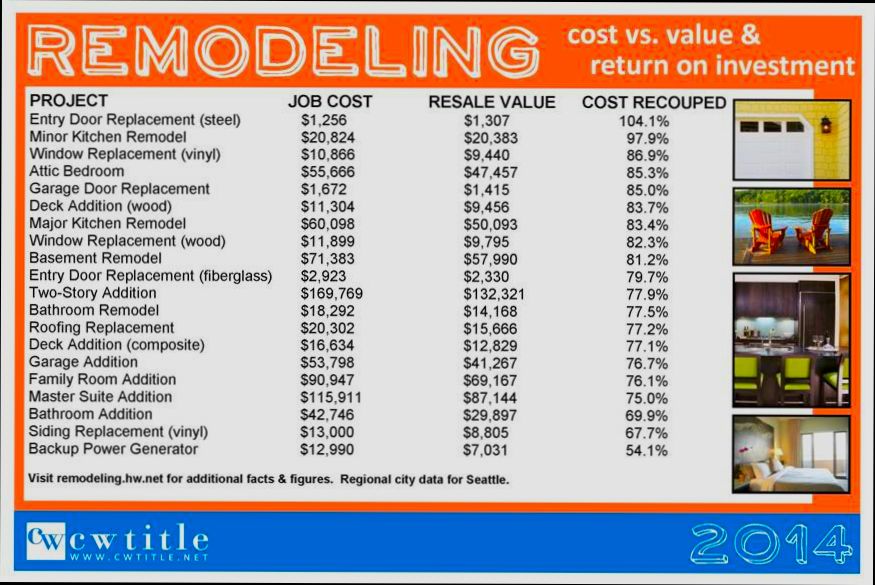
Hidden Expenses in Home Renovations
When planning home renovations, many homeowners overlook hidden expenses that can significantly inflate the final cost. Understanding these hidden costs is critical for accurate budgeting and avoiding surprise expenses during your project.
Common Hidden Expenses to Consider
1. Permits and Fees: Renovations often require permits, which can range from $500 to over $2,000 depending on the scope of work. Not factoring these into your budget could lead to unexpected costs.
2. Unexpected Repairs: During renovations, you might discover structural issues or outdated plumbing and electrical systems that need immediate attention. The cost for these surprise repairs can average 10% to 15% of your overall renovation budget.
3. Design Fees: Hiring a professional designer can enhance your renovation, but it’s an added expense many forget. Expect to pay between $50 to $200 per hour for design services, which can quickly add up.
4. Contingency Funds: It’s recommended to set aside 10% to 20% of your budget for unforeseen expenses, ensuring you have a buffer for any emergencies or unexpected changes.
5. Labor Wage Fluctuations: Labor costs can vary based on market demand. In times of high demand, labor rates might increase, impacting your original budget significantly.
Hidden Costs Breakdown Table
| Expense Type | Cost Range | Percentage of Total Budget |
|---|---|---|
| Permits and Fees | $500 - $2,000 | 1% - 5% |
| Unexpected Repairs | 10% - 15% of project cost | 10% - 15% |
| Design Fees | $50 - $200 per hour | Varies |
| Contingency Funds | 10% - 20% of total budget | 10% - 20% |
| Labor Fluctuations | Variable | Can increase total by 5% - 10% |
Real-World Examples
- In a bathroom renovation case study, homeowners initially budgeted $15,000. However, after discovering outdated plumbing, they had to allocate an additional $3,000 for repairs, raising their total expense to $18,000— a 20% increase caused by hidden costs.
- During a kitchen remodel in a suburban area, the owners planned for a $40,000 budget, not accounting for design fees. Once they hired a designer, they added an additional $2,500 for design services, bringing the total to approximately 6% more than anticipated.
Practical Implications
- Be Proactive: Always research and include potential hidden costs in your renovation budget. This practice will help you manage your finances better and relieve stress during the renovation process.
- Consult Professionals: Engage with contractors and designers early in the process to understand all potential costs. Their insights can help you anticipate hidden expenses.
- Create a Detailed Budget: Break down your budget into specific categories, including a contingency fund. A detailed budget helps track expenses against your renovation project effectively.
- Stay Flexible: Recognize that renovations can be unpredictable. Being adaptable will help you navigate any unforeseen spending without derailing your project.
Understanding hidden expenses in home renovations can save you from the heartache of overspending. By considering the factors above and planning accordingly, you can ensure that your project stays on track and within budget.



